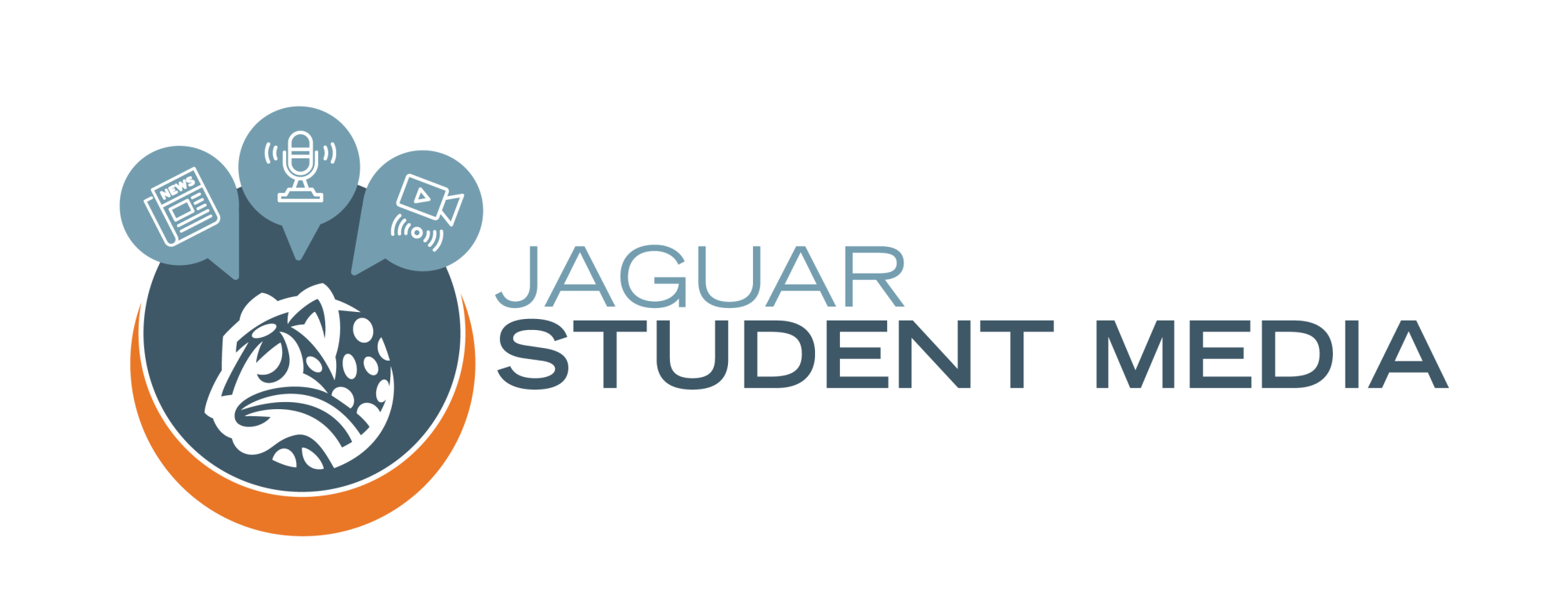Are you trying to get a job yet concerned about fraud? You are not by yourself. Knowing how to tell the difference between fraud and genuine opportunities is more important than ever, as complaints of job scams have almost tripled in recent years.
On Tuesday, March 25, from 2 to 3 p.m., Governors State University presented a virtual workshop called “No Scams, Just Success: Your Guide to Navigating Legitimate Jobs and Onboarding” to assist students in safely navigating the job market. Under the guidance of career counselor Cydney Boyd, students gained the necessary skills to spot phony job advertisements, handle onboarding, and land legitimate job openings. Students signed up via the GSU Career Services webpage.
Between 2020 and 2024, job scams and fraudulent employment agency losses nearly tripled, with reports increasing from 38,000 to 105,000. Financial losses skyrocketed from $90 million to a staggering $501 million. Scammers targeted job seekers with enticing offers that seemed too good to be true, often creating urgency and using psychological manipulation to pressure applicants. The most common job scams included:
- Mystery shopper jobs promising easy money for simple tasks.
- Instant job offers with no interview or vetting process.
- Data entry positions that required upfront payments for “training materials.”
- Reshipping schemes that involved handling packages and often led to legal trouble.
There were several complaints to GSU Career Services about misleading job postings that targeted students. Cydney Boyd, a career advisor at GSU, added, “We’ve come across scams ranging from fraudulent internships to phishing emails disguised as job offers.” “The goal of this workshop was to give students the skills and information they needed to recognize and avoid these scams before they fell victim to them.”
Although phone job advertising can be misleading, job seekers could protect themselves by being aware of these warning signs:
- Too Good to Be True: Exercise caution if a job offers a high salary with little work.
- Pressure and Urgency: To force applicants to make snap judgments, scammers fabricated deadlines.
- Ineffective Communication: While scammers may use personal email accounts or ambiguous, inconsistent communications, legitimate employers always act professionally.
- Unusual Payment Methods: Prepaid debit cards, cryptocurrency transactions, and requests for upfront payments are all serious red flags.
Where to Report Job Scams
Reporting a job posting you believed to be fake helped keep others from becoming victims. You could lodge grievances with:
- The complaint assistant at the Federal Trade Commission (FTC)
- Scam Tracker by the Better Business Bureau (BBB)
- Office of the State Attorney General
- Police department in the area
- Career services at universities
- Department of IT at the university
Finding Legitimate Job Opportunities
To avoid scams, job seekers should verify job listings through trusted sources:
- Reputable job boards (Indeed, LinkedIn, Handshake)
- Company websites (Applying directly ensures legitimacy)
- Industry-specific websites that cater to specialized job markets
- Recruiter verification (Check recruiter LinkedIn profiles and company email addresses)
This free, interactive workshop wasn’t just about awareness—it was about action. Attendees learned real-life strategies to verify job listings, spot scams, and navigate legitimate hiring processes. Students registered through the GSU Career Services portal and took control of their job search.
Navigating the Onboarding Process
Even after securing a job, caution was necessary during onboarding. A legitimate process included:
- Navigating Onboarding Paperwork: Reviewed documents for inconsistencies and ensured legitimacy.
- Training and Access Setup: Understood company policies, cybersecurity protocols, and work expectations.
- Spotting Scams in Paperwork: Watched for upfront payment requests, unprofessional documentation, and pressure to sign quickly.
Emma, a senior at GSU, received an email offering a remote data entry job with a $1,200 weekly salary. The employer requested a $150 processing fee upfront. After sending the money, Emma never heard back. This was a classic scam, and it highlighted why recognizing warning signs was crucial before accepting any job offer.
Additional Safety Tips
- Check for a Professional Online Presence: Scammers frequently used phony websites and social media profiles.
- Were Wary of Remote Onboarding: If a company avoided video interviews or refused to provide clear onboarding details, job seekers investigated the matter further.
- Confirmed the Company Independently: Investigated the employer’s background and reviews.
- Trusted Their Gut: If something seemed strange, job seekers sought advice from reliable people.
Important Resources
For further guidance, job seekers could visit these trusted sources:
- Federal Trade Commission (FTC)
- Report Fraud
- Consumer Advice on Job Scams
- Better Business Bureau (BBB)
- Scam Tracker
- Scam Prevention Guide
- Scam Survival Toolkit
With job scams on the rise, workshops like this were essential in helping students and job seekers protect themselves from fraud. Spreading awareness and staying informed ensured a safe and successful job search for all.

